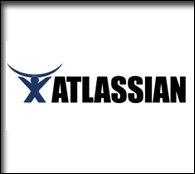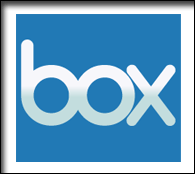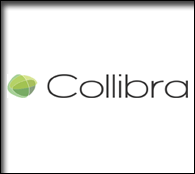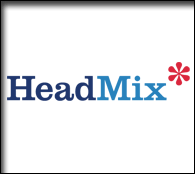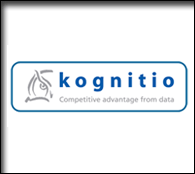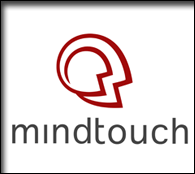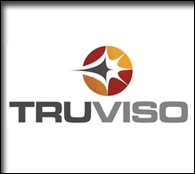Resolving some dissonance
by Eric Norlin on Jul.30, 2009, under Uncategorized
Yesterday, I had one of those mini-moments of events colliding and leading to cognitive dissonance. The first event was confirming that Anil Dash would be coming to share his thoughts on “The Pushbutton Web” at Defrag. The second event was when Sameer Patel mentioned that Defrag was part of “enterprise computing month” on Twitter (he said that because e2.0, Defrag and KMWorld line up on 3 consecutive weeks). And that’s where the dissonance kicked in.
I don’t think of Defrag as “an enterprise 2.0″ conference. I don’t think of Defrag as a “knowledge management” conference. Some of what we cover certainly touches on those areas, but really, I think Defrag sits at the intersection of those - and many other - topics.
I think back to the impetus for Defrag: Brad Feld blogging about how he had this “theme” he was investing in, but he didn’t have a good name for it. He was calling it “intelligence amplification” (descriptive, but not snazzy). That phrase later became “the implicit web” (Brad, Fred Wilson and a bunch of other folks were using it).
In the early talks with Brad about Defrag, I landed upon this analogy: Think of the internet (in the broadest sense) like us creating a global brainstorming session. We’ve solved the need to be on at the same time (simultaneity). We’ve solved the co-location problem. We’re even getting a lot better at knowing who’s in the room with us (identity). But what we haven’t solved yet are building tools/technologies that actually ACCELERATE the process of insight.
That was the basis for Defrag’s “accelerating the ‘aha’ moment” tagline. And it leaves us pretty wide open - topically speaking.
As of late, I think the “phrasing” of Defrag has gotten even easier. Fred Wilson wrote a post the other day about “Making the web smarter” and basically nailed what I think Defrag is about. Defrag is simultaneously about dealing with the flow of information (and fragmentation of that information flow) in the digital age, building software that begins to replicate intuitive happenings, building things that makes “the web” smarter, and building things that help individuals and groups accelerate the process of insight when they’re dealing with different data sets.
Does that touch upon (or maybe even - dare i say it? - encompass) “enterprise 2.0″ and knowledge management?
Let me end with examples. Just check out the keynoter list (not complete) for Defrag -
Andy Kessler: legendary investor, author and thinker — coming to address info fragmentation
Dave Winer: the father of blogging, RSS, podcasting — now talking about “rebooting the news”
Stowe Boyd: self-described “web theorist” (I agree) — talking semiotics and microsyntax
Lili Cheng: a researcher in the field of “social computing” - and we don’t just mean twitter (but gaming)
Chris Sacca: ex-super cool Google guy, twitter investor — speaking about big, hairy web trends
John Winsor: author of Spark and Baked-In — relaying why the product is the brand (and what that means)
Chris Shipley: long-time startup analyst; DEMO fame — talking startup trends
Anil Dash: blogger, startup guy, all-around thinker — the “pushbutton web”
Kim Cameron: chief identity architect at Microsoft — talking about identity’s foundational role in…everything
…and many many others.
I think it’s pretty obvious that Defrag isn’t another enterprise 2.0 or knowledge management show. I’d love the opportunity to show you why that is (and why I think you’ll LOVE the conversations that happen at Defrag). I hope you’ll join us.
